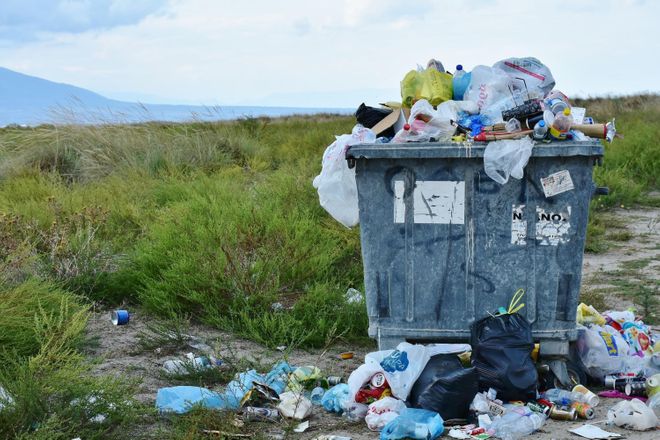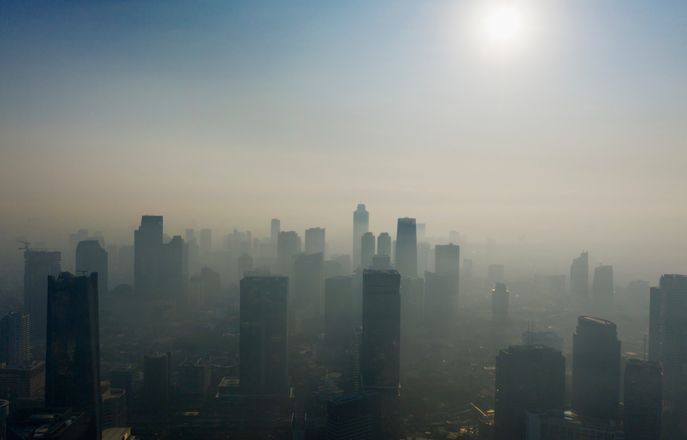Zero Pollution
.jpg)
How can science and technology drive the radical shift in industrial systems, business models and consumption required to reach net zero?
Human-made pollution can be found almost everywhere we look from rising CO2 levels to air and water quality. Imperial Policy Forum’s focus area of ‘zero pollution’ looks at the latest developments to highlight systems-based approaches to tackle the climate crisis, create new industry and clean technology and deliver a more sustainable, convenient, and affordable future.
Imperial Policy Forum’s objective is to increase the visibility and impact of the College’s Transition to Zero Pollution agenda by bringing together academics, industry, and policymakers to promote evidence-based solutions. Key strands to this work include:
Decarbonising transport
Transport is the largest contributor to greenhouse gas emissions in the UK. Decarbonising transport will have some of the most noticeable impacts on the way we live. The government has stated its intention to gain first mover advantage with green technology and develop green energy provision as a UK success and strength industry, including as part of the Decarbonising Transport and Jet Zero Strategies.
Imperial Policy Forum is working with College experts, at the Energy Futures Lab, Centre for Transport Studies and Environmental Research Group on evidence-based approaches to decarbonising transport and building sustainable transport infrastructure.
Future energy systems
Shifting to a net zero energy system will require fundamental changes in our energy sources, energy infrastructure and relationship with our energy supply. The UK has a naturally abundant source of renewable energy in wind power, alongside other opportunities in solar and hydro. However, there will be challenges with intermittency, sustainable baseload capacity and upgrading the grid to be fit for the future.
Imperial Policy Forum supports academics and works with industry to ensure that policymakers and regulates have access to cutting-edge innovations and evidence-based research to tackle the challenges facing our energy systems.
Biodiversity
The interaction between ecological systems, the environment and human wellbeing has a profound impact on our climate. Since the 1970s the UK has seen a considerable decline in abundance of wildlife. Key contributing factors include farmland management, fertiliser usage, pollution, climate change and urbanisation. The UK has increased the extent of protected areas on land and at sea, but growing pressure is expected to decline the UK’s natural biodiversity wealth in the coming decades. However, our understanding of these systems is insufficient. There are growing international calls to help mitigate damage and provide science-based solutions for a sustainable future through reducing intensive agriculture, growing insect friendly plants and reducing plastic waste.
Imperial Policy Forum works with experts across the College, including the Georgina Mace Centre for the Living Planet and Global Development Hub on evidence-based solutions to biodiversity challenges.





.jpg)
